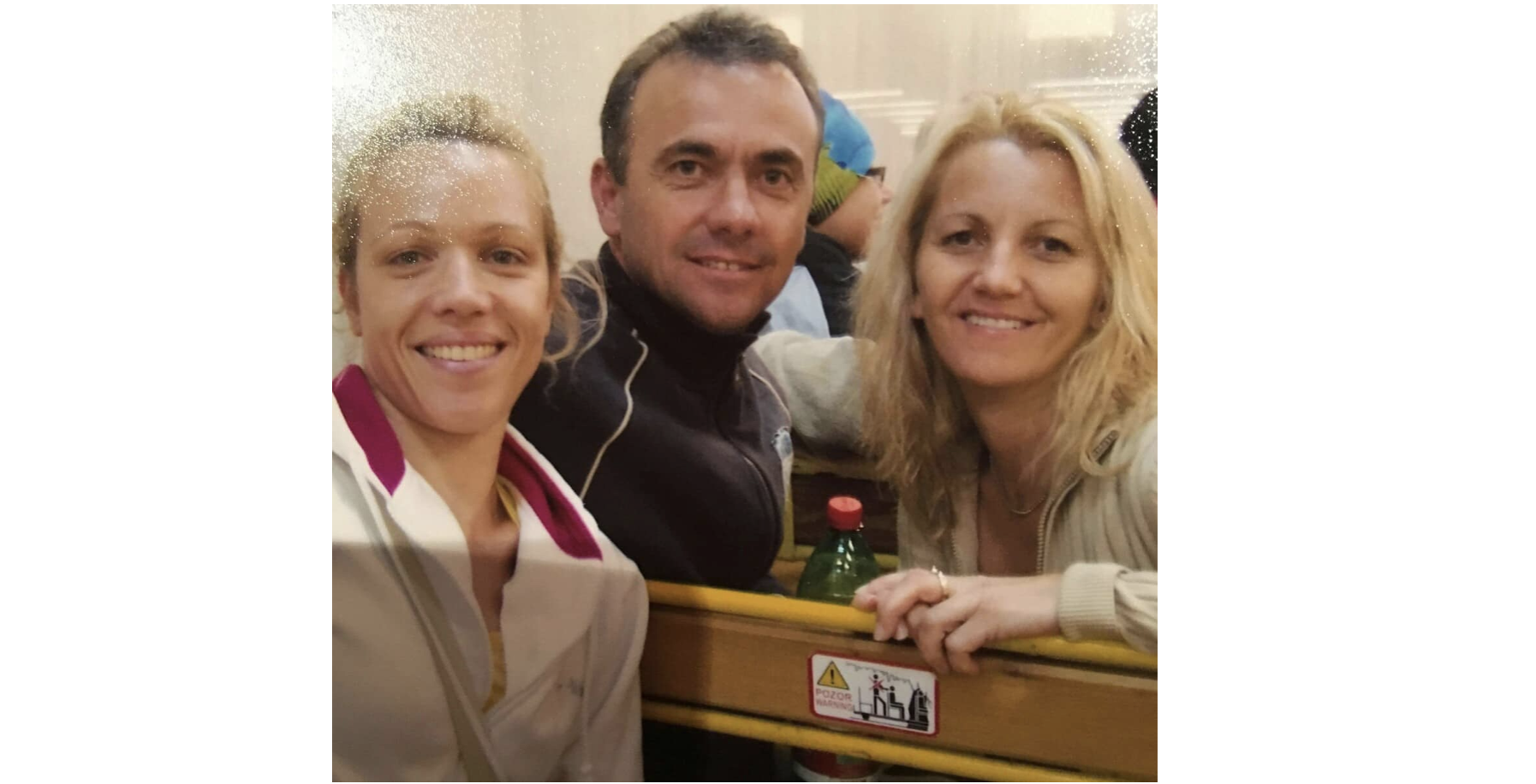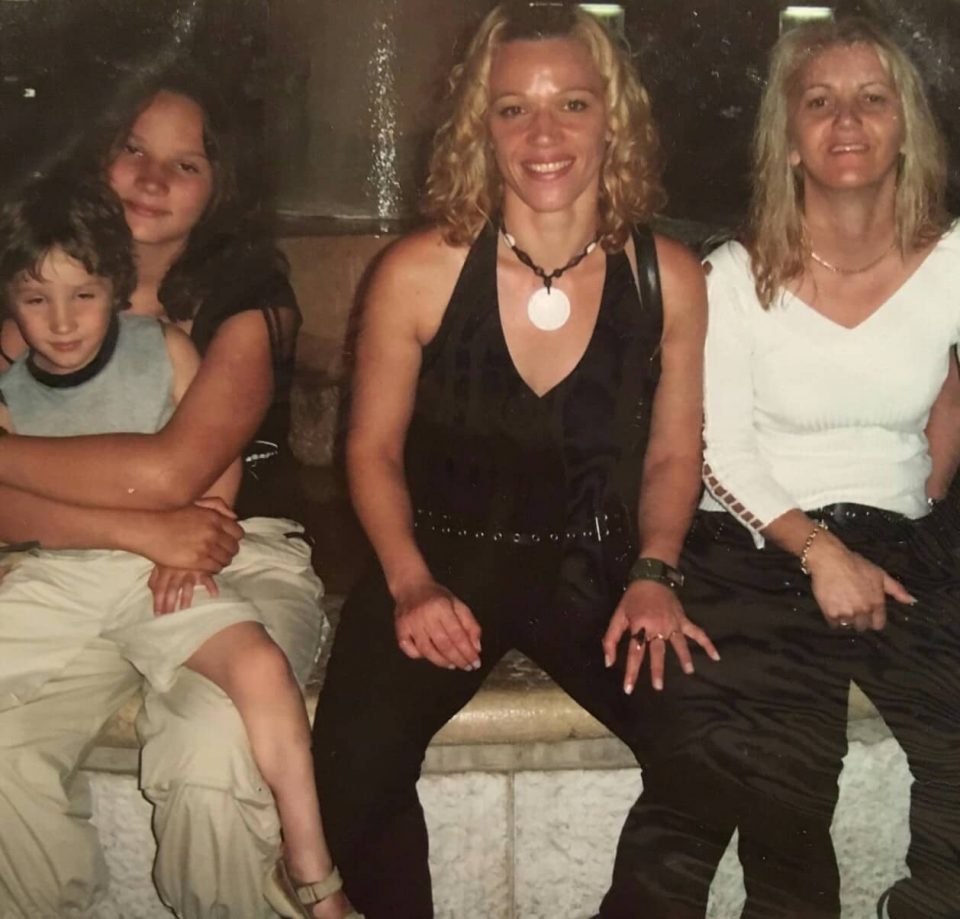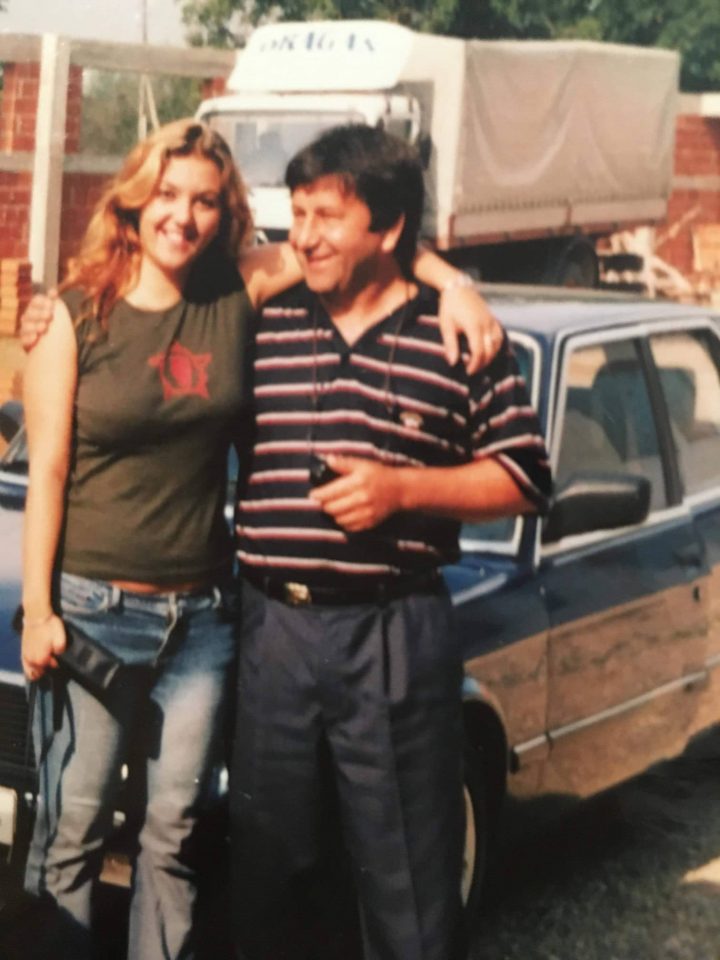
We walk through life meeting people at every turn. We know that most are not there to stay, but each has a potential lesson to teach us about the world and about ourselves. There are those, however, who change the course of our lives forever. Those rare individuals who better your life, or even save it. Ordinary heroes. This is the story of a family of ordinary heroes who embraced my family and me in a time of need, and who love us for who we are despite the differences that may exist between us.
In 2004, when I was 10 years old, my family and I made a big move from a small Croatian town to the faraway land of Australia. My father was the first to leave, traveling to a region situated north of Sydney. He traveled alone, and with just one bag in hand. My mother, brother, and I waited in anticipation while he went on a mission to find a place for a small Croatian family to call home. With the fewest number of immigrants in all of Australia, the Central Coast proved a difficult place to relocate to. With no previous rental history in the country, finding an apartment was, indeed, a hard mountain to climb. It is only now that I am able to understand the sacrifices my parents made and the hardships they endured to create a life for us on the opposite side of the world. However, I am here to tell a story of one ordinary family whose extraordinary kindness impacted our lives forever. A family who, like us, is no stranger to leaving their home behind to journey into the unknown.

Our path with the Budimlić family crossed the day my father entered a little real estate agency in a small Australian town. Alma, a Bosniak who spent most of her life in Australia, recalls that day: “As soon as I saw his last name, I knew he was from the Balkans. He told me his story and I invited him over to my parent’s place. We all went through difficult times and I felt for him. He asked me about life in Australia and I was curious about his decision to come here. I never asked if he was Muslim, Catholic, or Orthodox. That didn’t matter to me. My parents taught me to have respect for everyone and never to hate, despite losing our home and our homeland in the name of ethnic cleansing.”
Alma took my father to meet her parents, and soon thereafter our families united to form a friendship that was based on love and trust. Alma and her parents introduced us to the wonders of Australia, but, unfortunately, our time “down under” didn’t last long. The sudden shift from Europe to Australia was hard on my parents and, after only nine months, they decided to move us back to Croatia. As is the case with many people, the culture shock was difficult to adjust to and the thought of having left all of our family behind was a painful one.
But this was not our last trip to Australia and it was also not the last time the Budimlić family would lend us their helping hand. Upon our return in 2008, they opened their home to us, providing us with a place to stay and helping me and my brother to enroll in school. When asked why they were so eager to help us, Alma’s mother Mina replies, “I knew what it was like to leave your homeland and come to a foreign place. I felt the need to help and even invited your father to come and stay with us the very first time Alma met him. I am happy that we were able to help and to make the resettlement process easier.”
As the war in Bosnia began to unfold, the Budimlić family were forced to flee Bosanska Dubica, located in the northwestern region of Bosnia and Herzegovina, in December of 1992. With only a few belongings, the family made their way across the Croatian border and to Opatija where they spent some time before being granted Australian visas.
“I will never forget that day – the day we left everything behind. Even before our departure, we didn’t sleep at our house because the army would always come knocking at our door. I remember the moment I left all my belongings to our Serbian neighbor. We were both crying, and I told her not to cry and not to save these things for me. I told her that maybe one day I would return, but at that time, it was impossible for me to know that. We used to share everything, my neighbor and I, up until that very last day. Now when we meet, we both cry when we remember that dreadful day, and after all that time, she kept my things for me,” Mina recalls.
As she retells the story of her journey, Mina acknowledges how much help they received along the way. A family they knew from their hometown put them in contact with a local lady from Opatija who cleaned out her basement and took their family in. “We lived there for five months. The family next door was from our village and the locals were very helpful. I remember my kids helping out the local grandma and grandpa, Zora and Vlado, who were selling their fruit at the local markets. The pair was always happy to have them around. We didn’t have much, but we were surrounded by good people,” she says.

After a long wait and with the help of family, friends, and strangers, Mina and her family made their way to Australia. “Australian people are wonderful and are willing to help you out if they see that you are willing to help yourself. Both my husband and I managed to get a job and, after two years, we were able to move into our own house. Now, we are still here 25 years later and it seems like it all happened only yesterday.”
Regardless of what ethnicity, race, religion, or nationality you may be, we all will need a helping hand at some point in our lives. I will always remember all the incredible things Budimlić family did for me just as they will forever remember the help they received 25 years ago. And I hope that, someday, I will be able to repay their kindness by being someone else’s “Budimlić family”.
This publication has been selected as part of the Srđan Aleksić Youth Competition, a regional storytelling competition that challenges youth to actively engage with their own communities to discover, document, and share stories of moral courage, interethnic cooperation, and positive social change. The competition is a primary component of the Post-Conflict Research Center’s award-winning Ordinary Heroes Peacebuilding Program, which utilizes international stories of rescuer behavior and moral courage to promote interethnic understanding and peace among the citizens of the Western Balkans.
The Balkan Diskurs Youth Correspondent Program is made possible by funding from the Robert Bosch Stiftung and the National Endowment for Democracy (NED).







